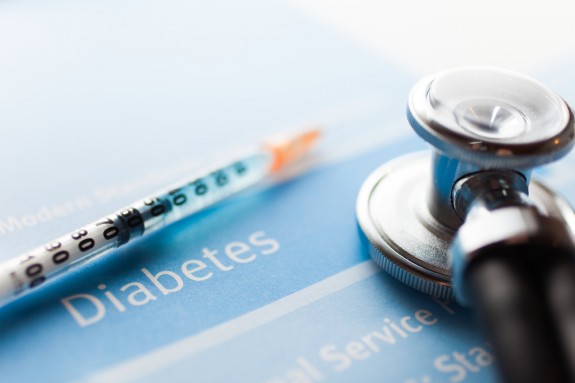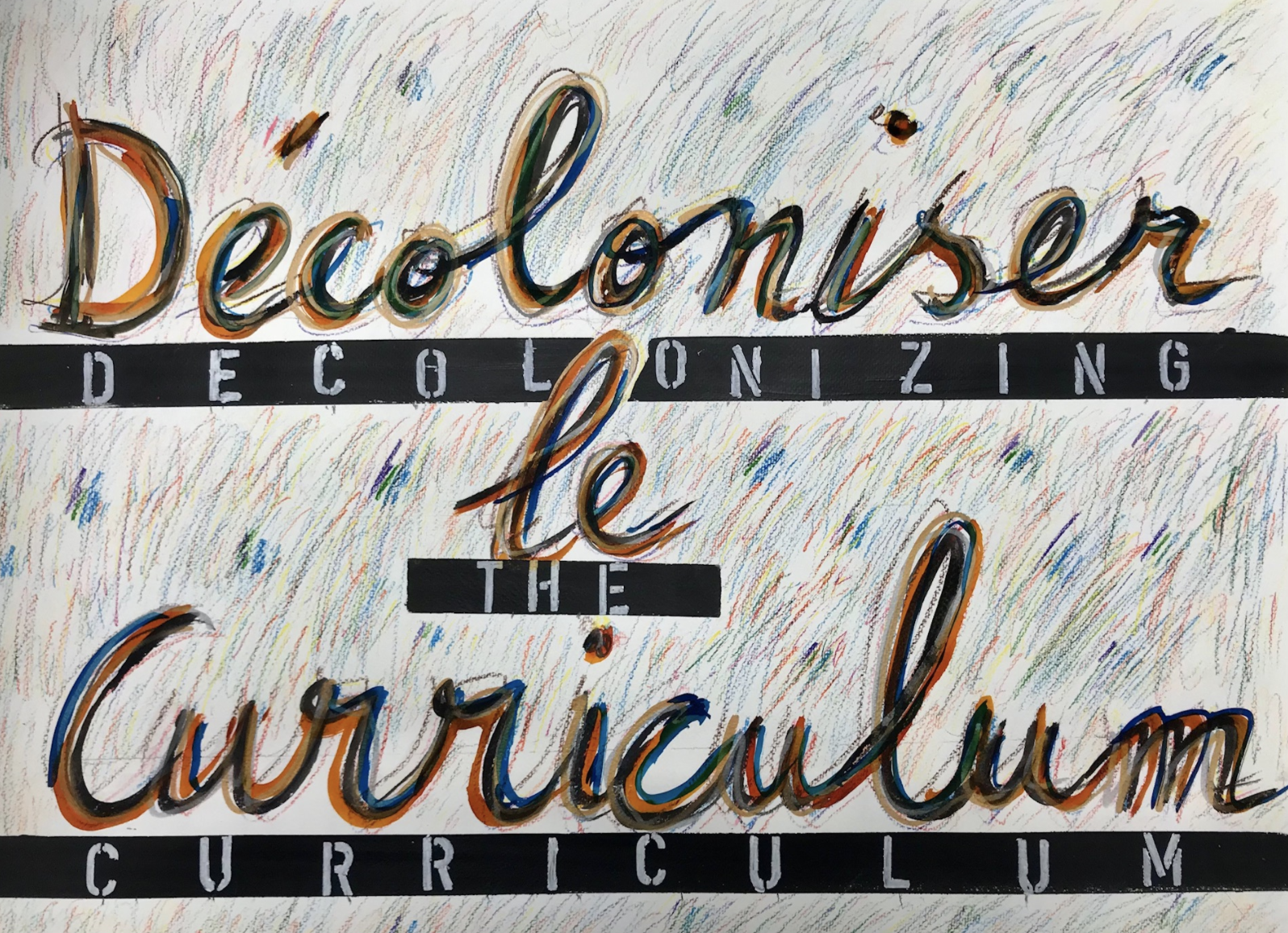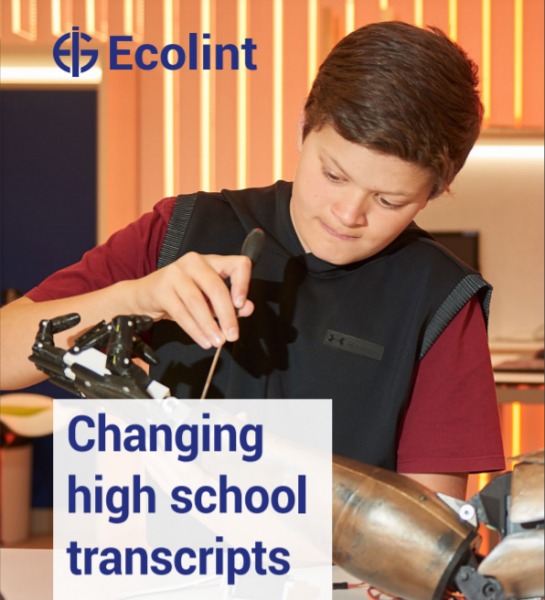By James Donggun Lee

November 15, 2016, Grade 12 biologists visited the Faculty of Medicine (Diabetes Centre) in the University of Geneva. Students in groups of 10, had 3 different workshops: Transplantation des ilots pancréatiques pour le traitement du diabète, L’insulin vue par l’ordinateur, Rythme biologique et diabète.
The first lecture was Transplantation des ilots pancréatiques pour le traitement du diabète. Students were provided with a presentation about the current technology of transplanting the islets of Langerham in order to prevent type 1 diabetes, which occurs when the antibodies destroy your own beta cells as a result the person is unable to produce insulin. Insulin is protein made hormones that are used to regulate sugar level.
The very first step of islets transplantation is to receive a fresh pancreas from an organ donor. Then, the university students would dissect the pancreas; separating the endocrine part of the pancreas (where B cells are produced) with the exocrine part of the organ. After the separation, islets go through more stages to be back inserted in the patient’s body.
However, according to the students from the university, they revealed that there are not enough organ donors for all their patients. Moreover, the islets transplantation still has some big limitations. At the moment, the transplantation is not a permanent process, the patients should come back after every 1 or 2 years to be tested and re-planted if necessary.
The second lecture was L’insulin vue par l’ordinateur. Grade 12 students were asked to use a computer to see the genetic defection according to different DNA sequences. DNA sequencing tool was provided for students to distinguish genetic defection of patient A and patient B according to their gender, blood type, and alcohol addiction. Thus, the professor of university told with great confidence that in the future genetic profile will be mandatory in the case of crime.
Overall, it was a great opportunity for grade 12 biologists to rethink about their future careers as well as learn the newest technologies related to diabetes.



